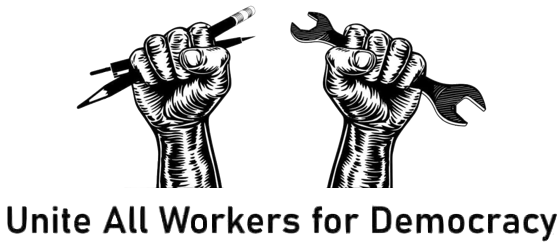Public historians have an important role to play in disseminating narratives of American labor history that emphasize the struggles and contributions of workers of all races, genders, and sexual orientations and privilege the experiences of teachers, nurses, and farmworkers as much of those of miners, autoworkers, and steelworkers. And these are the kinds of stories students find most engaging: stories that challenge what they think they know and ask them to see the world around them through different eyes. Learning, for example, that Southwest Detroit is home to one of the oldest Mexican American neighborhoods in the Midwest, the settlement of which dates to need for workers in the auto industry the 1920s, or that our university’s student newspaper was briefly something of a house organ of the Dodge Revolutionary Union Movement, an organization of radical black autoworkers, broadens’ students understanding of whose history is part of labor history.

